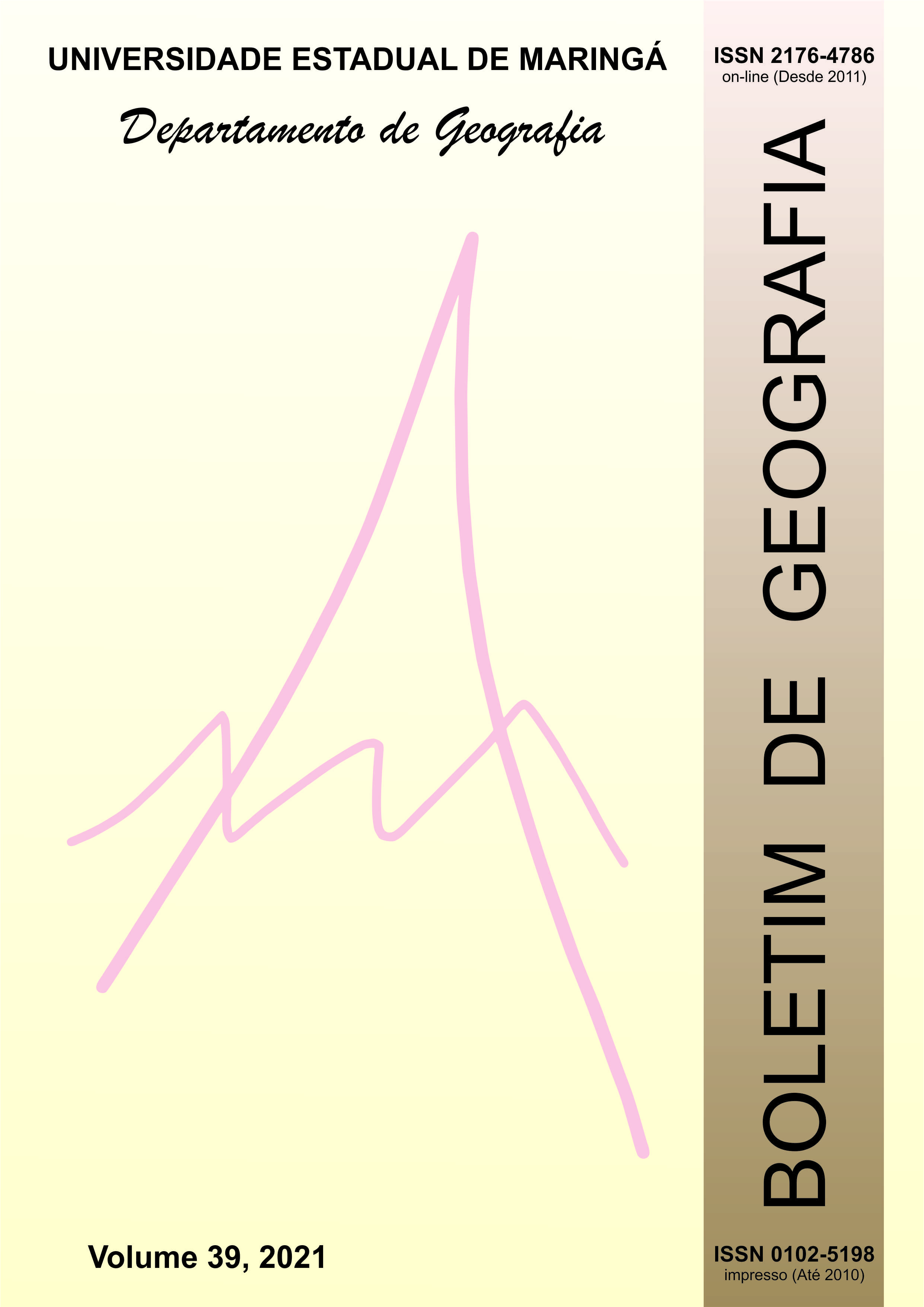Proteção legal dos recursos hídricos transfronteiriços entre Brasil, Bolívia e Paraguai
Resumen
A investigação de como o estado brasileiro efetua a gestão sobre a Bacia do Alto Paraguai (BAP) é importante para compreender o processo de preservação de seus recursos hídricos, compartilhados pelo Estado Plurinacional da Bolívia e a República do Paraguai. Desta maneira, foi analisada a questão do acesso aos recursos hídricos como um direito fundamental, e a proteção constitucional da água nas legislações dos países que compõem a BAP, e os tratados internacionais vigentes. Para atingir este objetivo, utilizou-se o método dialético, buscando os marcos regulatórios dos recursos hídricos do Brasil, Paraguai e Bolívia. Através desta metodologia, foram levantadas as legislações envolvidas, pois é pela legalidade que o estado busca dar proteção à bacia hídrica, propiciando a construção do conhecimento com as “verdades estatais”, reconhecendo as congruências e divergências existentes entre os estados, levando-se em conta a trajetória percorrida por esses países no que tange a questão apresentada, passando pelos tratados internacionais firmados pelo estado brasileiro. Ossultados obtidos indicam que seria necessária a implementação de um tratado como uma forma de propiciar a cooperação estatal, visando alcançar objetivos comuns, sem a perda da soberania dos países que dividem a bacia transfronteiriça, por se tratar de uma bacia de abrangência internacional, e, assim, estabelecer políticas coordenadas de gestão, bem como atribuir responsabilidade jurídica aos Estados, com os deveres de cada ente.
Descargas
Derechos de autor 2021 Boletim de Geografia

Esta obra está bajo licencia internacional Creative Commons Reconocimiento 4.0.
O Boletim de Geografia está licenciado através da Creative Commons Atribuição 4.0 Internacional (CC BY 4.0).
Autores que realizam submissões ao Boletim de Geografia concordam com os sequintes termos:
- Autores retêm todos os direitos autorais e concedem à Revista direitos exclusivos da primeira publicação, com o artigo licenciado sob os termos da Creative Commons Atribuição 4.0 Internacional (CC BY 4.0).
- Após a publicação, fica permitido ao autor a republicação em qualquer outros meios de divulgação, desde que mencionada a fonte original.












